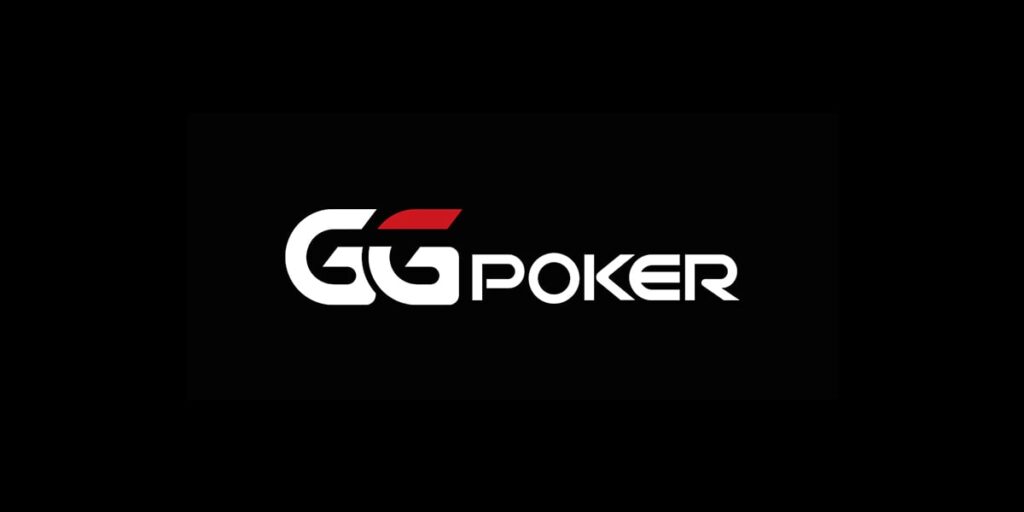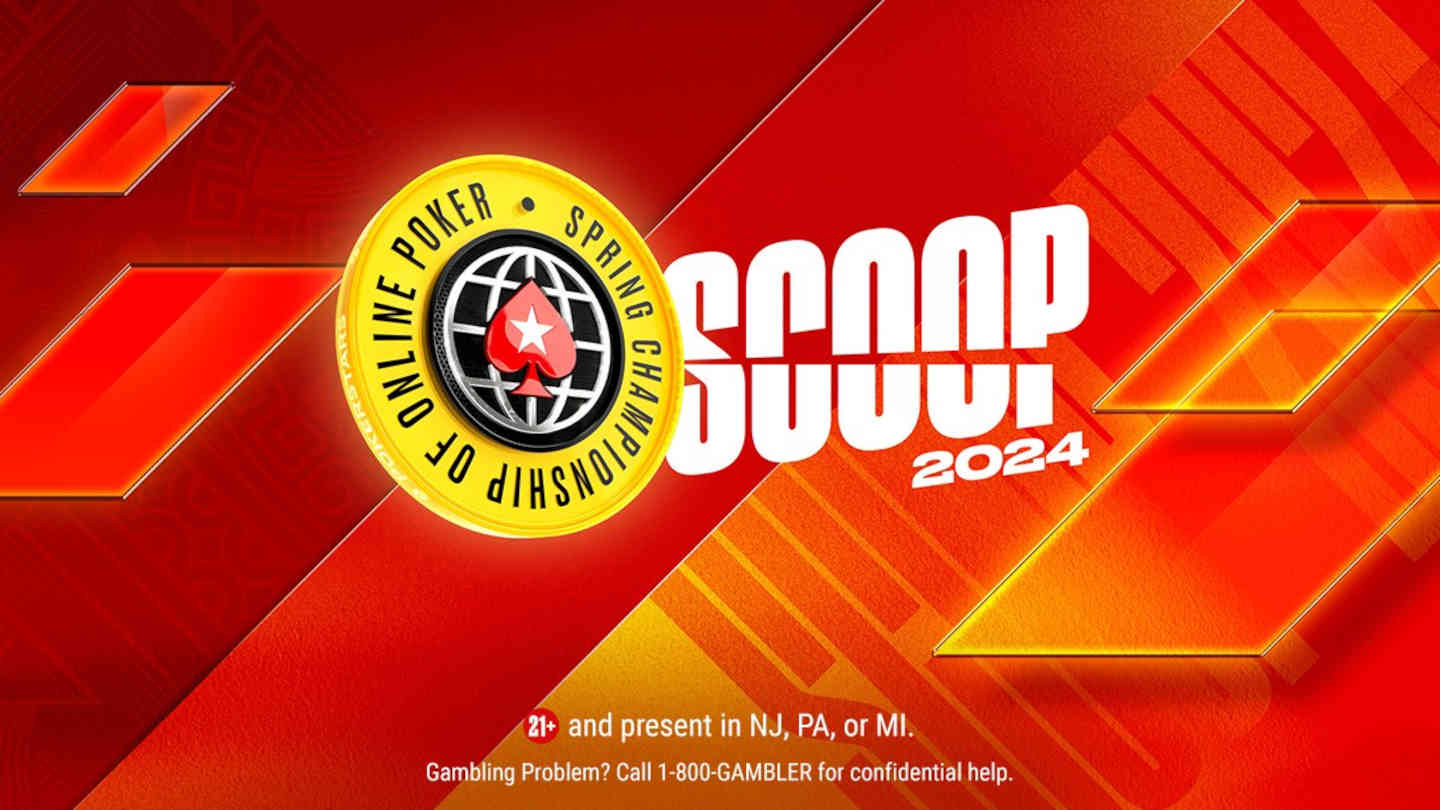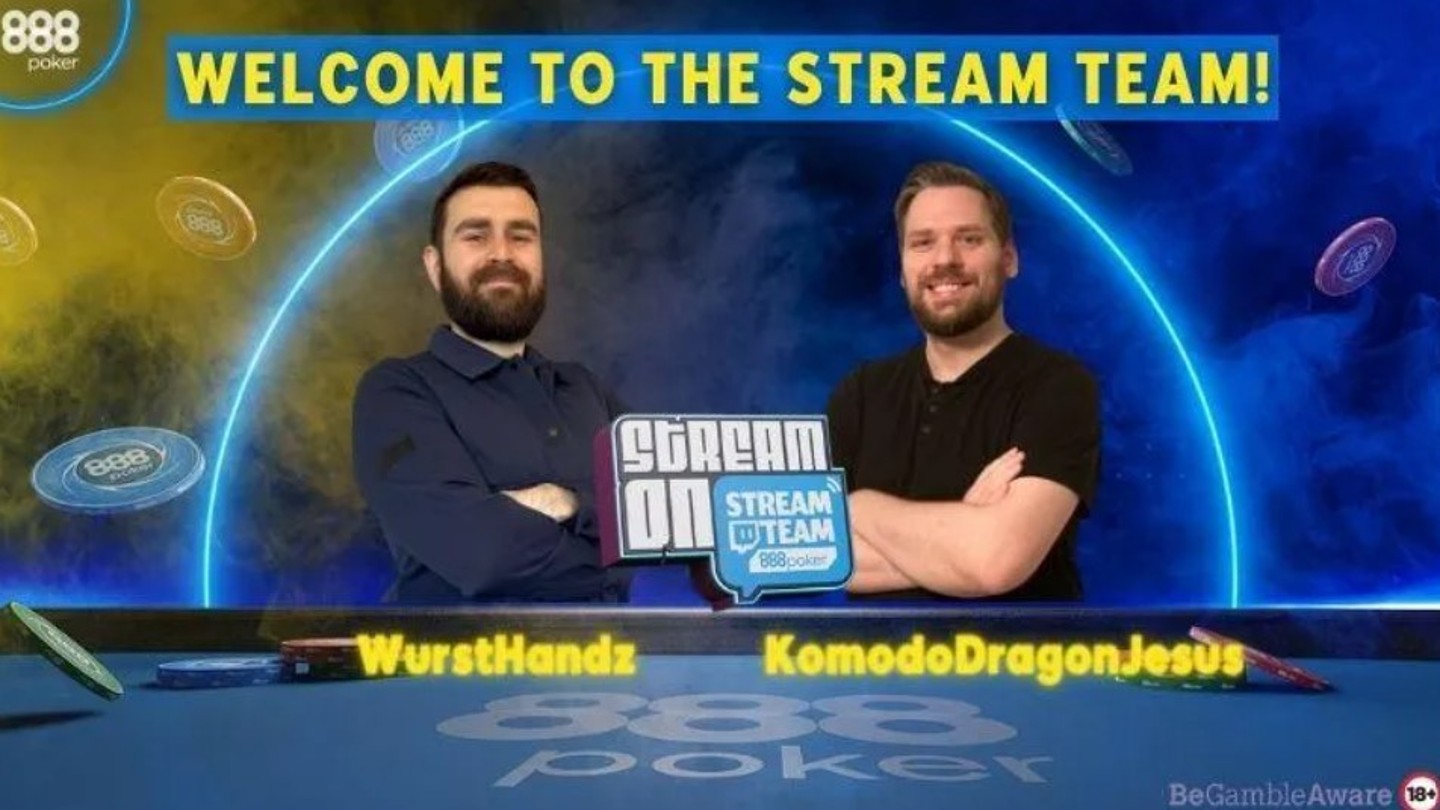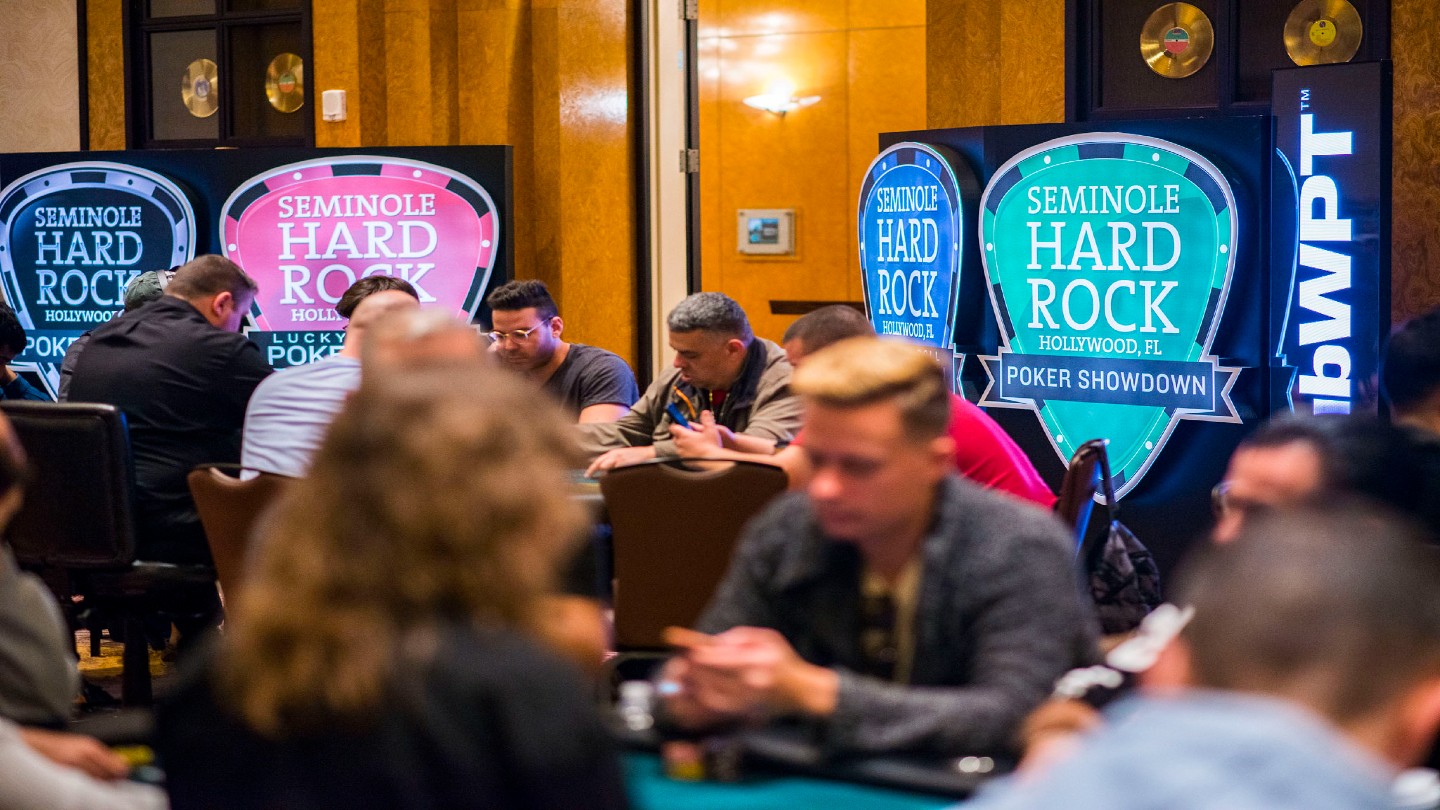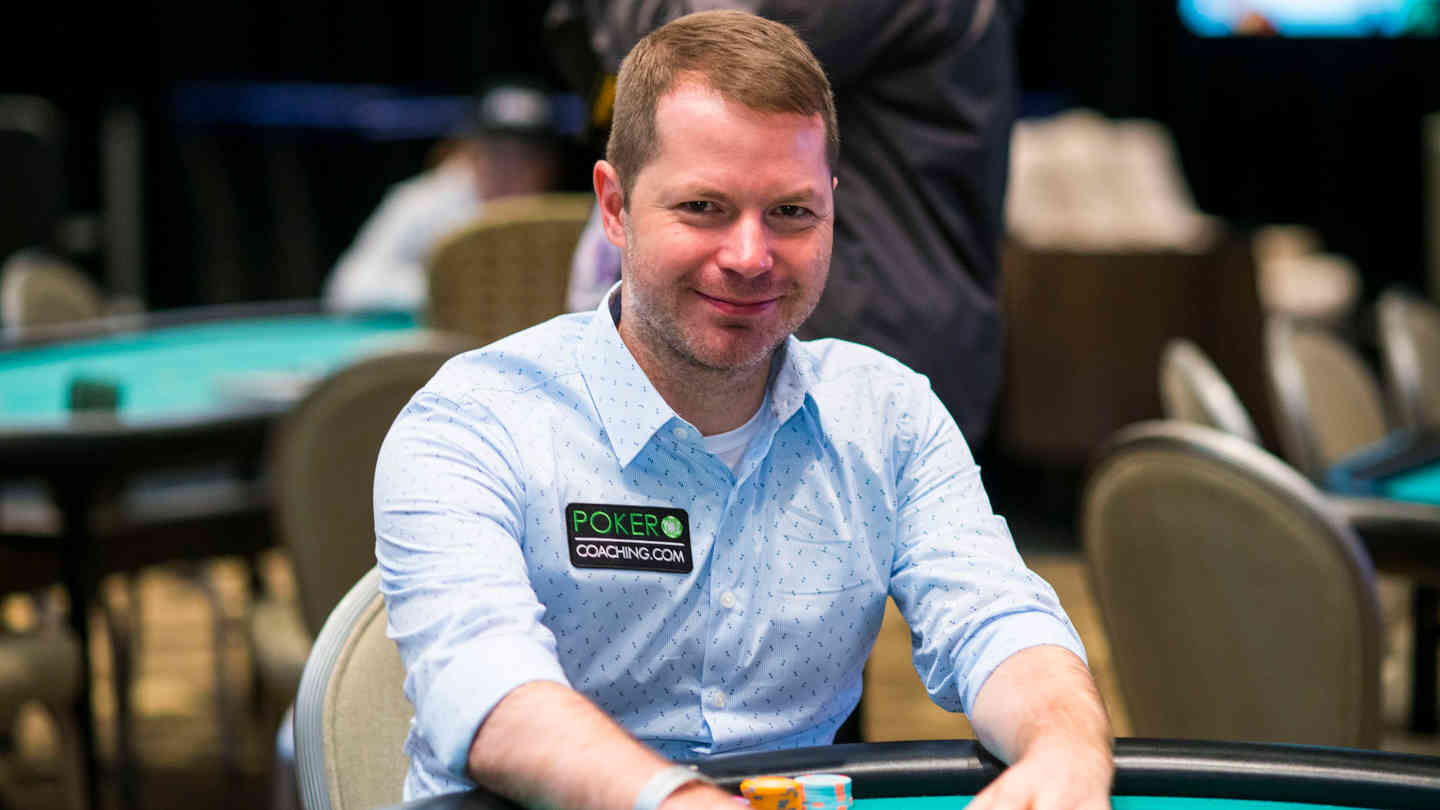Poker Terms – The Most Important Lingo Of The Game
There are many poker terms and phrases that may not be clear to anyone outside of this game. So, if you want to take it seriously, learning poker terminology and all the lingo that comes along is a must.
Understanding the language of the game will help you have a better time while playing and discussing hands with your friends.
This glossary of common poker terminology will help you find the most common poker expressions, as well as some slang terms which is a big part of poker games.
# – A
B
C
D – E – F
G – H
M – N – O
P
S
T – U
You can find a full list of various saying in the poker dictionary, but here are the main terms that you should know.



